Benefits of organic farming
Taking advantage of being an agricultural province with many rich and diverse products, but due to the increasing impact of drought, Dak Nong always focuses on developing a natural and sustainable agriculture.
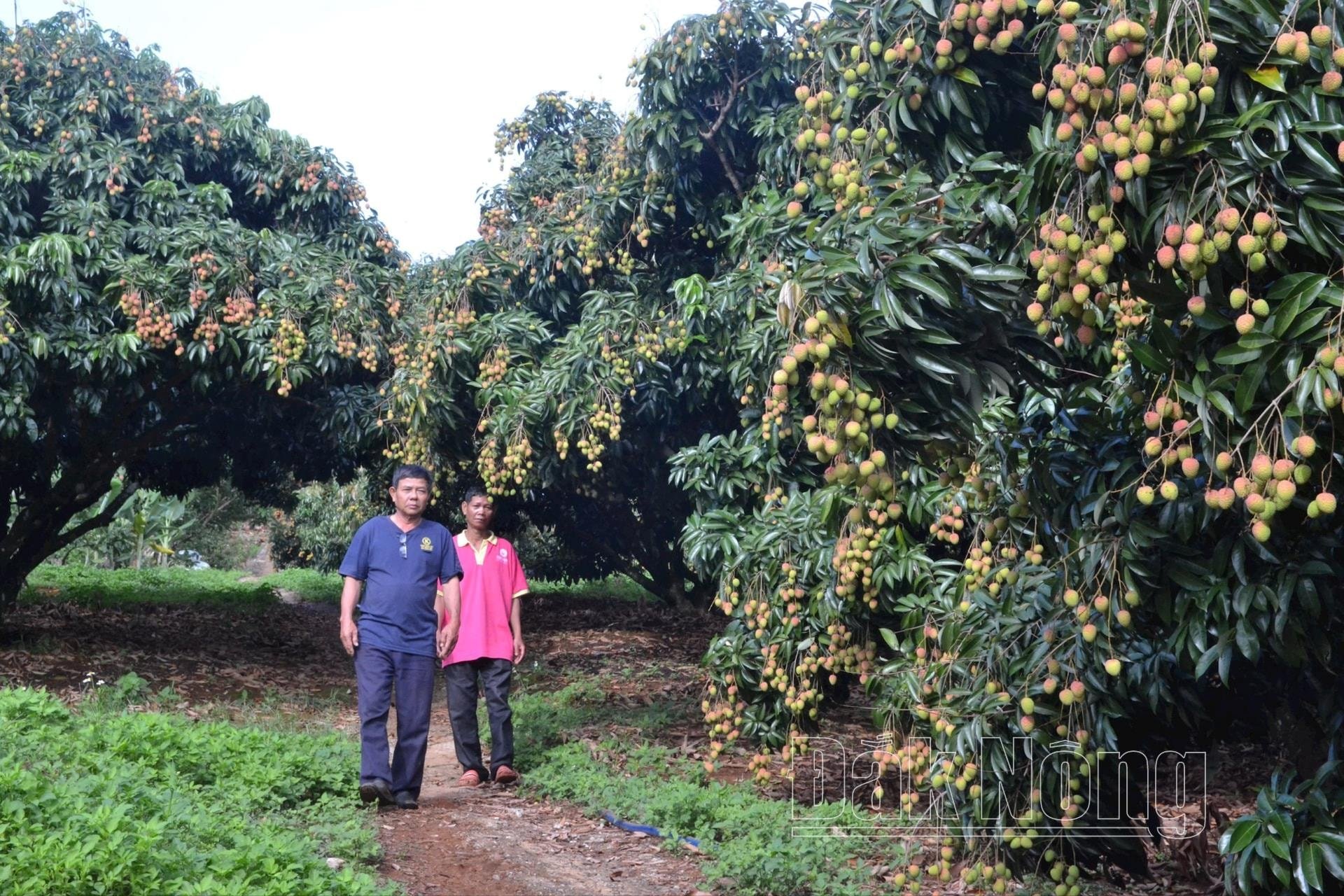
During the days of April, at the peak of the hot weather in the Central Highlands, we visited the specialized coffee, pepper, and durian growing areas of Hung Binh, Dak Ru, and Dao Nghia communes in Dak R'lap district (Dak Nong).
Despite the heat waves, most of the fruit gardens here are still green and fertile. Among them, the 4-hectare durian garden of Mr. Dinh Quoc Cu in Dak Ru commune was chosen as the model garden - model field of Dak Ru commune.
Currently, on his family's land, Mr. Cu grows 700 durian trees and intercrops 4,000 coffee trees. The family's total income in the 2024-2025 crop year reached over 4.5 billion VND, of which 4 billion VND came from durian and 500 million VND came from coffee.
Mr. Cu said: "To grow crops effectively, in addition to working and gaining experience, I also regularly participate in training courses organized by the District and Provincial Farmers' Association, especially training courses on organic agricultural production processes."
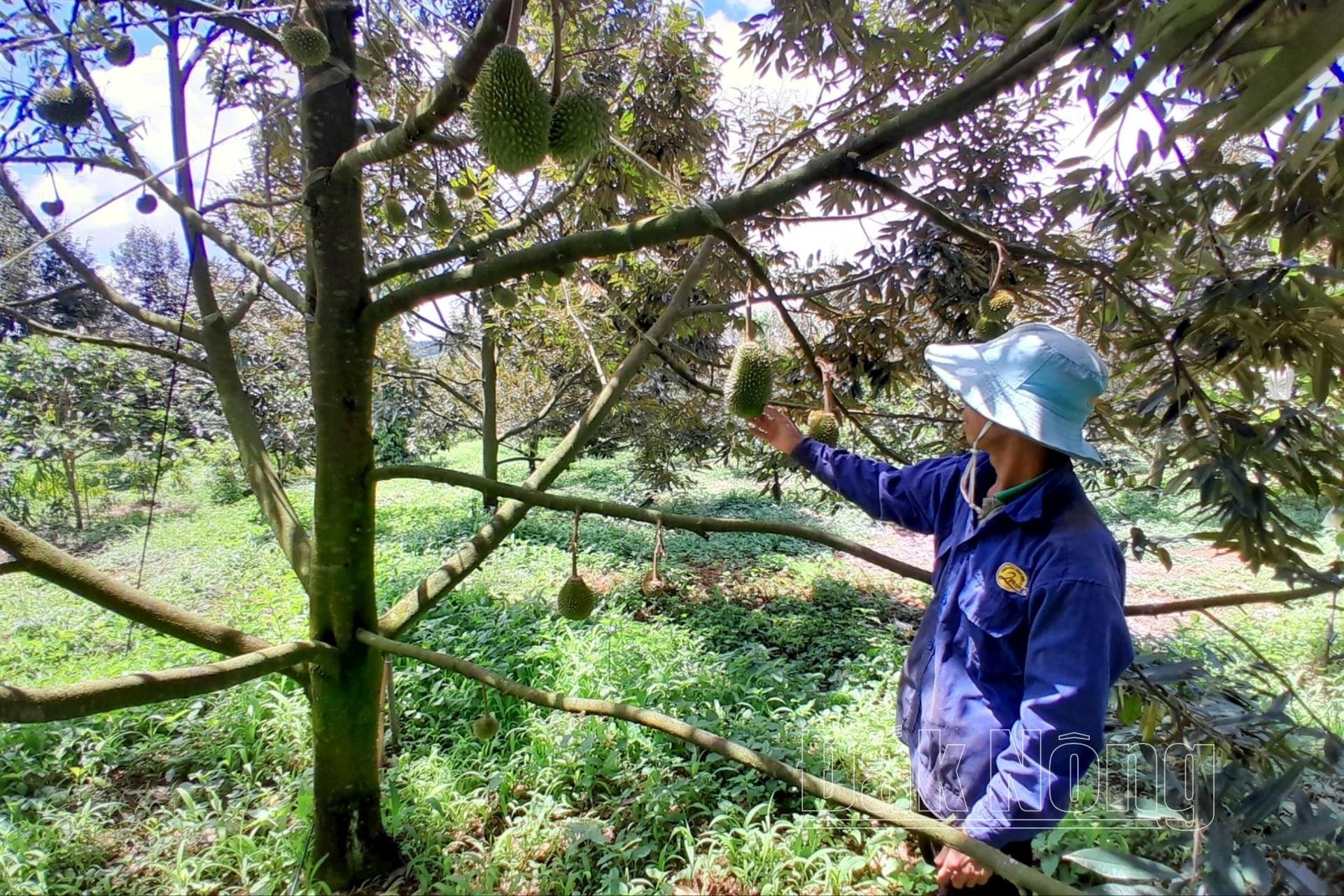
Up to now, Mr. Cu's family has invested in a complete modern irrigation system with 1 pump, 2 pressure-compensating filters with 1,500 nozzles. Thanks to that, watering and fertilizing are convenient. Crop productivity and yield are always stable.
Mr. Pham Xuan Truong's family in Quang Phu commune, Krong No district (Dak Nong) has over 2 hectares of land for production. In which, Mr. Truong combines fish farming, goat farming, silkworm farming and planting crops such as corn, fruit trees, coffee, and sandalwood.
Mr. Truong said: “Every year, I always maintain a herd of livestock to provide my own source of fertilizer for my plants. I also dig ponds to raise fish and get water to irrigate my plants during the dry season. In addition, all livestock waste is treated, mixed with probiotics and composted with coffee husks to make organic fertilizer.”
Mr. Truong affirmed that this method has brought about clear results such as increasing production capacity on land area, making the most of natural food sources, obtaining a large amount of organic fertilizer for crops, improving soil, maintaining soil moisture, reducing production costs and increasing income.
Mr. Nguyen Thien Chan, Deputy Head of the Department of Agricultural Development, informed that developing organic and circular economy in agriculture is based on promoting scientific research. This helps the rate of agricultural by-products to be regenerated, recycled, protect the environment, and adapt to climate change, which is the step that Dak Nong province is aiming for.
According to the Department of Agriculture and Environment, to date, there have been over 85,000 hectares of crops of all kinds applying new varieties, water-saving irrigation, certified production, applying advanced care processes..., with a total annual output estimated at over 404,000 tons.
Production associated with environmental protection
In recent years, Dak Nong has focused on developing green, circular agriculture in the direction of developing production in response to climate change and applying science and technology.
This helps to enhance the ability to cope with challenges, ensure food security and sustainable development.
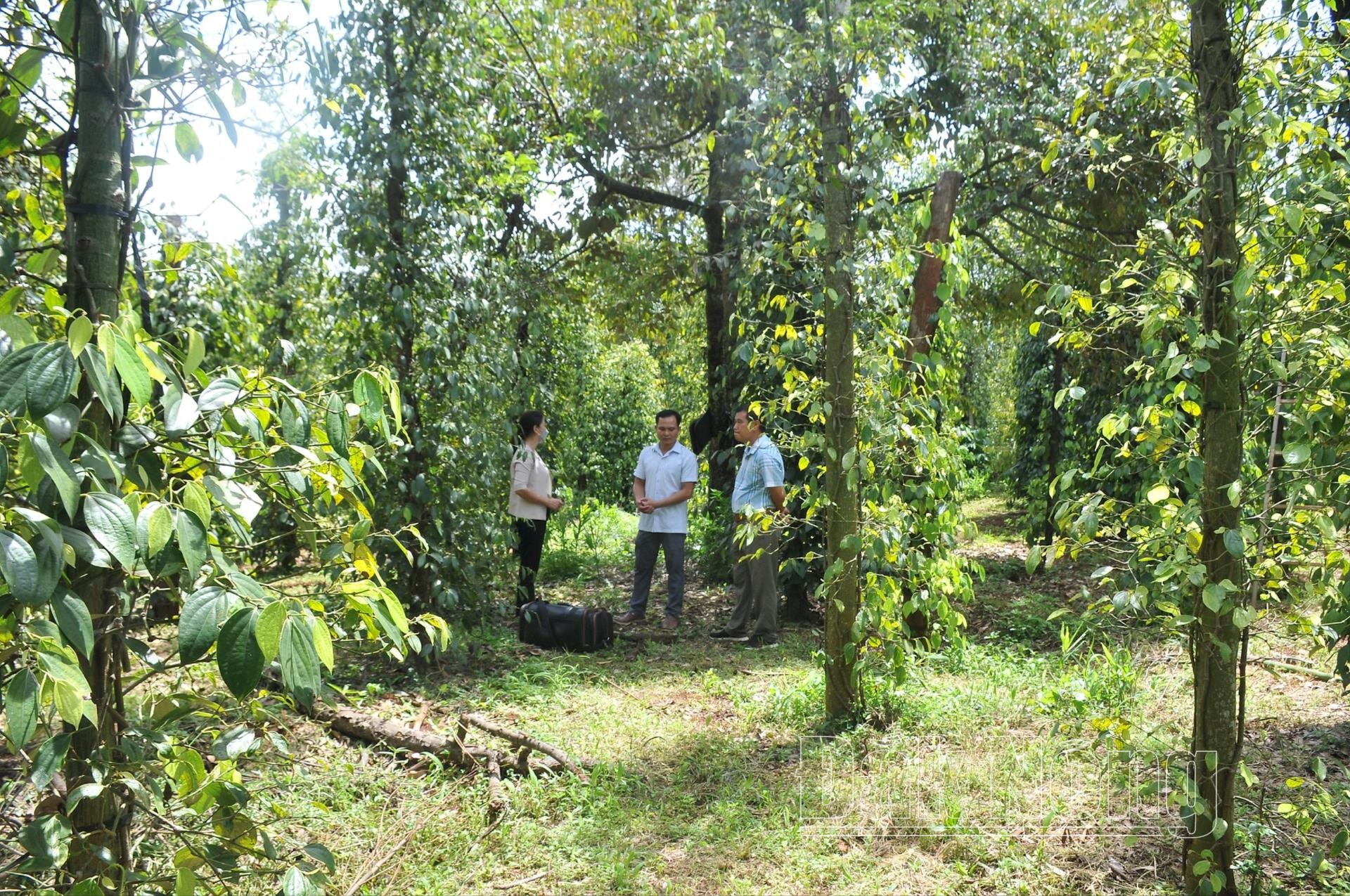
Currently, the technology widely applied in Dak Nong is mainly greenhouses, net houses, automatic irrigation, advanced and water-saving irrigation, hydroponic farming, production on substrates, organic agriculture...
Among them, some enterprises and cooperatives effectively apply technical technology to production such as: Toan Hang Private Enterprise (Dak R'lap), Cong Bang Thuan An Trading Cooperative (Dak Mil), Buon Choah Cooperative (Krong No), Gia An Farm, Gia Trung Farm (Gia Nghia City)...
These units have contributed to job creation, value chain linkage, bringing safe agricultural products to consumers, increasing people's income, and promoting agricultural development.
Mr. Ho Gam, Chairman of the Dak Nong Farmers' Association, expressed that organic agriculture is both a mandatory requirement and a driving force towards green agriculture.
Thereby, helping farmers reduce costs, increase value chains, contribute to changing outdated farming habits, limit resource use and reduce greenhouse gas emissions... This is the inevitable direction of sustainable agriculture.
“In addition, the application of science and technology, the use of high-yield and high-quality varieties, and adaptation to climate change are increasingly enhanced. Thereby, production efficiency is higher, production costs are reduced, and productivity and quality of agricultural products are improved,” Mr. Ho Gam added.
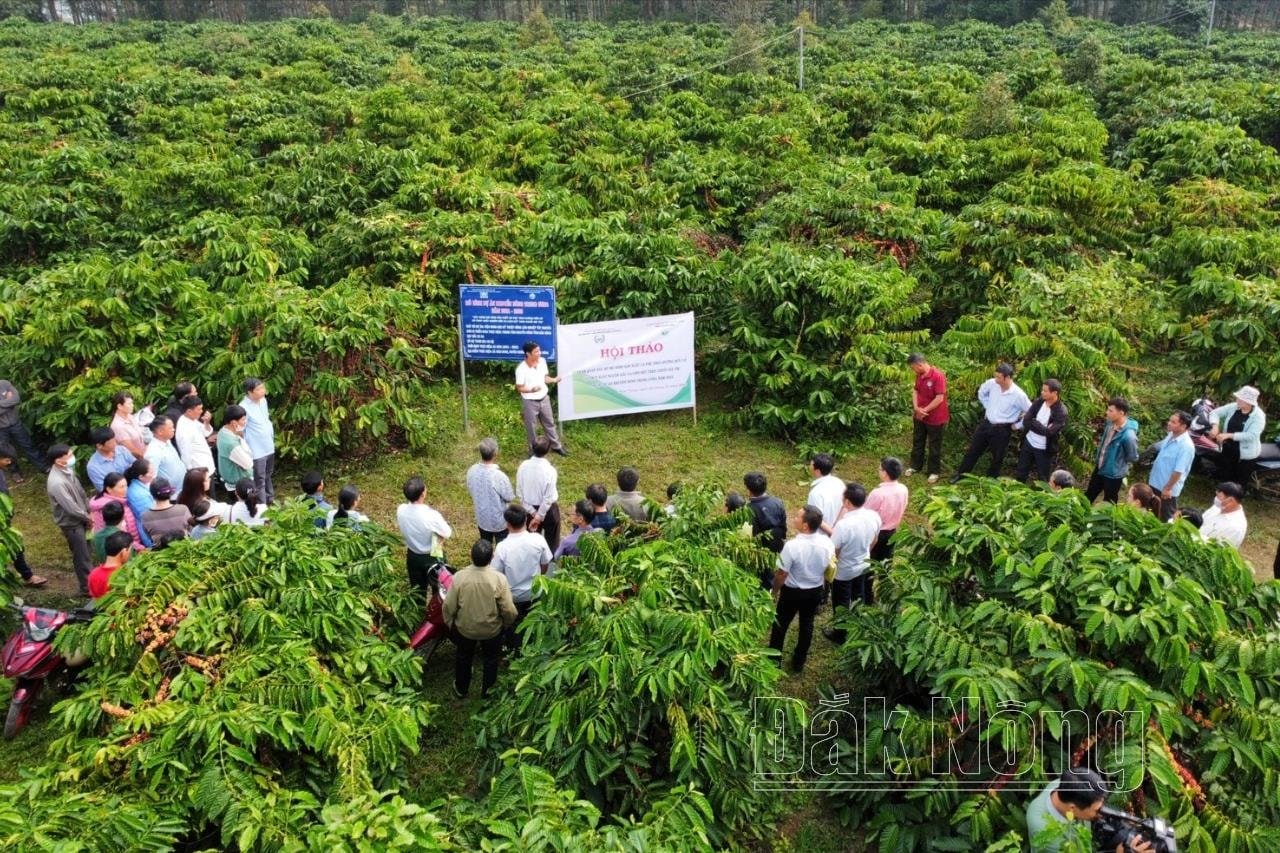
According to the leader of the Department of Agriculture and Environment of Dak Nong, in the coming time, the development of organic agriculture and circular agriculture is important and necessary, especially associated with the protection of the environment and local biodiversity, both integrating with the international community and ensuring the unique features of the province.
To cope with extreme weather conditions, Dak Nong province has implemented plans to convert crop structure to adapt to climate change in the period 2022 - 2025, with a vision to 2050.
On that basis, the province builds plans and schemes for crops, livestock and irrigation works suitable for climate change. By 2030, Dak Nong province strives to develop smart agriculture, adapt to climate change, sustainably, and link to the value chain associated with the market.
Dak Nong has an agricultural production area of 378,286 hectares. The total annual cultivated area of the province is currently over 309,397 hectares, double that of 20 years ago. Agriculture is clearly one of the three economic pillars of the locality.
Source: https://baodaknong.vn/nong-nghiep-xanh-canh-tac-thuan-thien-de-thich-ung-voi-han-249215.html








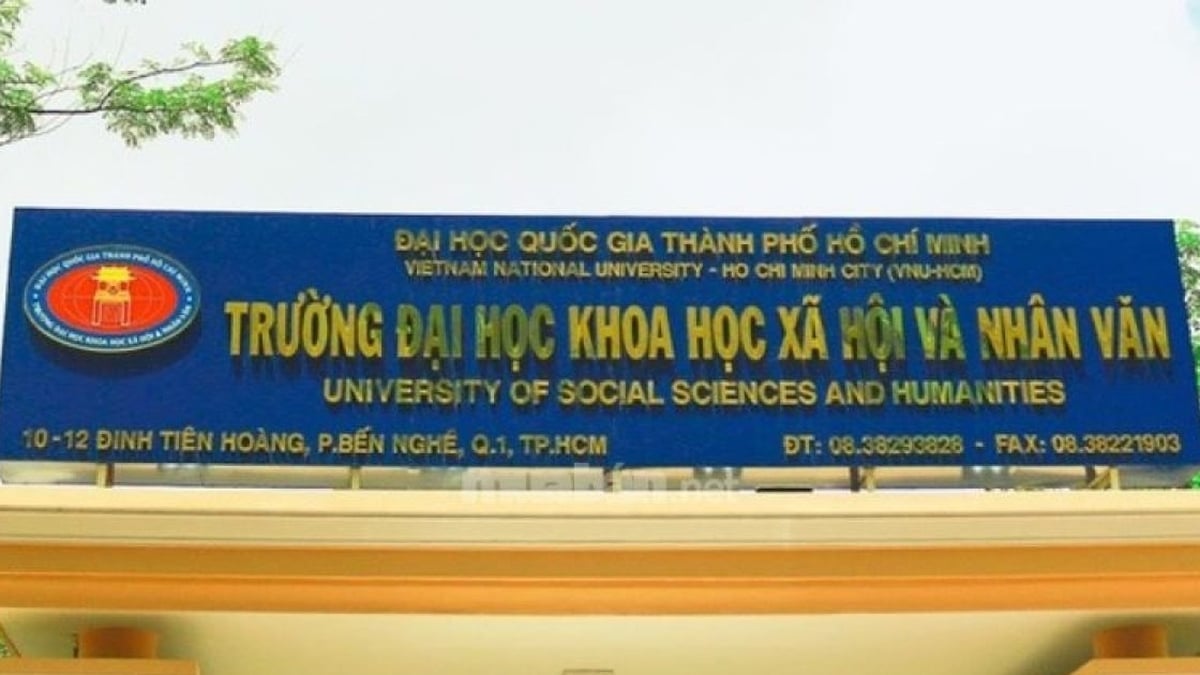


















































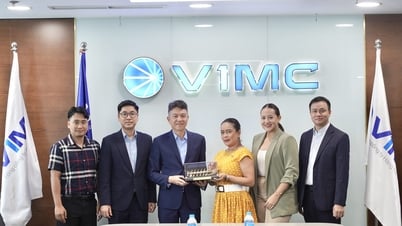









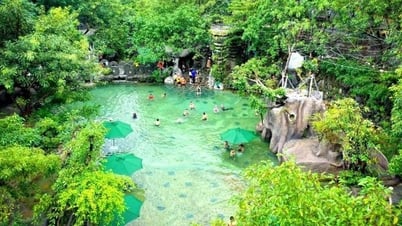
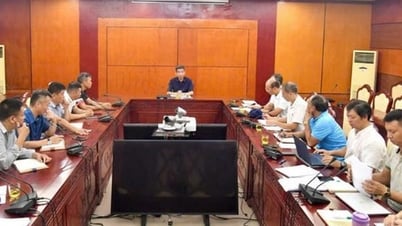
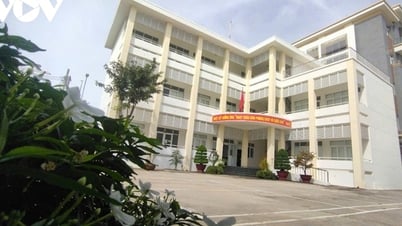
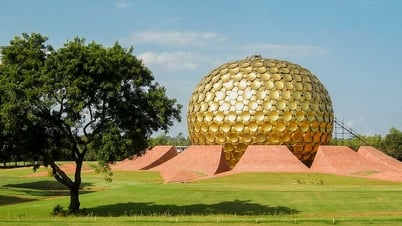





















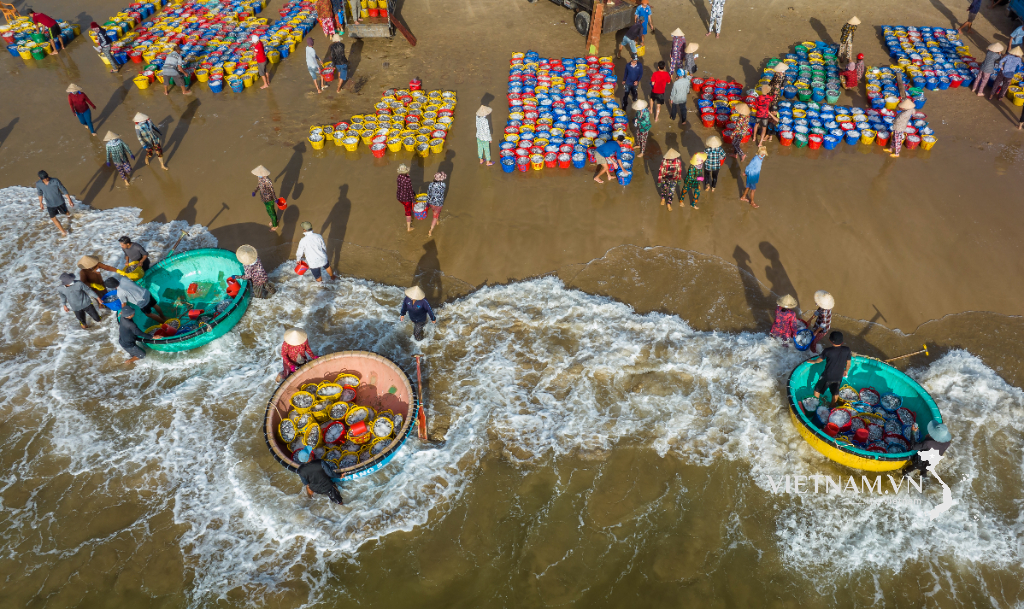



Comment (0)